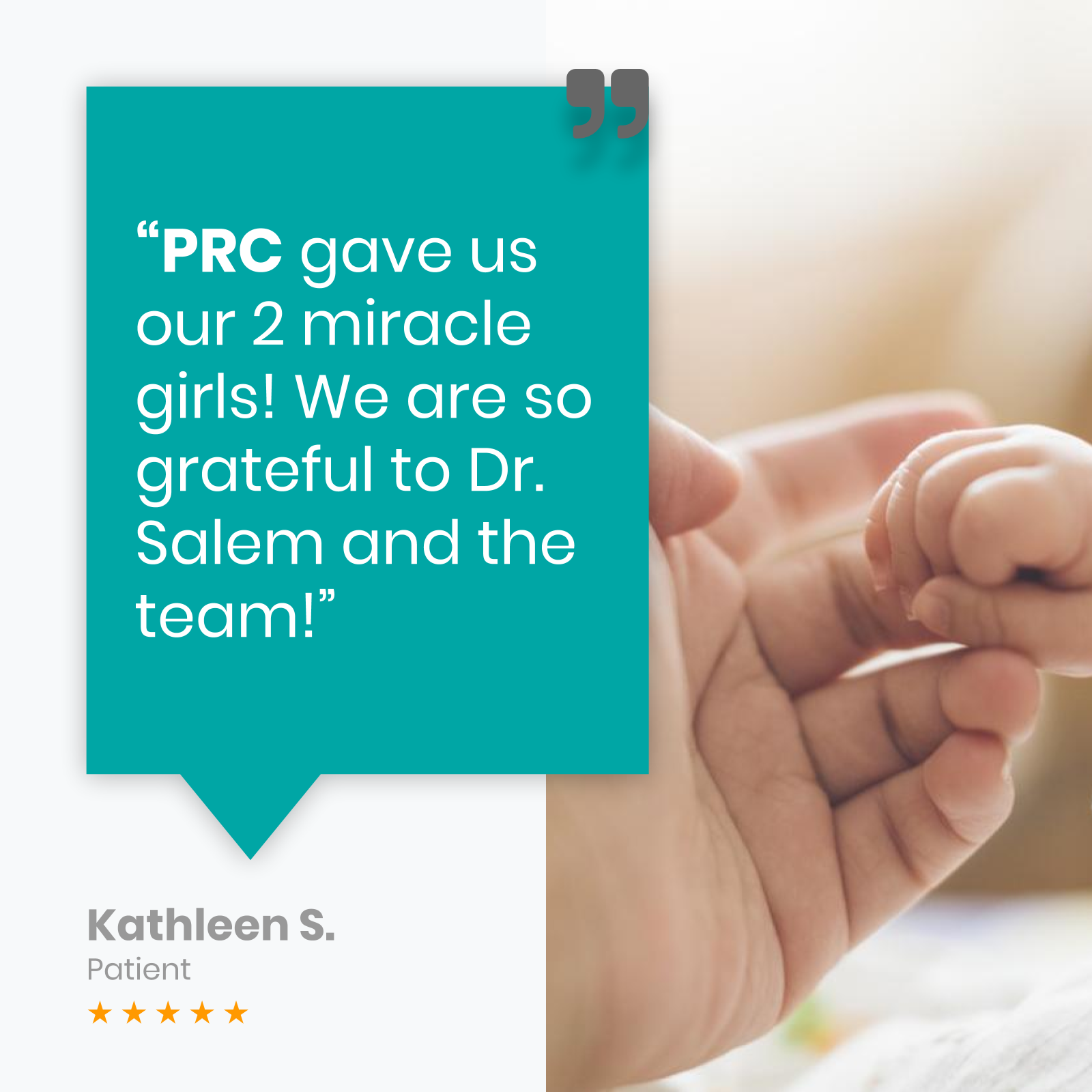Why do people need IVF?
People need IVF for a variety of reasons, including when facing challenges in conceiving naturally. IVF, or in vitro fertilization, is a medical procedure that helps with fertilization, embryo development, and implantation, making it a crucial option for those struggling with infertility.
When is IVF needed?
IVF is typically needed when other fertility treatments have not been successful, or when there are specific medical conditions that prevent natural conception. Addressing the varied reasons for IVF treatment offers hope and a path to parenthood for many who otherwise might not be able to conceive.
Common Reasons IVF is Performed
In vitro fertilization (IVF) is a highly effective and widely utilized assisted reproductive technology that offers hope to many individuals and couples facing fertility challenges.
IVF involves the fertilization of an egg outside the body, followed by the transfer of the resulting embryo into the uterus. This method has become an invaluable resource for people struggling to build families due to various fertility issues.
Female Factor Infertility
Female factor infertility accounts for a significant portion of infertility cases, creating the following common fertility challenges:
- Age-Related Infertility: Age-related female infertility is one of the most common reasons women opt for IVF. As women age, the quality and quantity of their eggs decline, making it more difficult to conceive naturally.
- Hormonal Disorders: Hormone dysfunction such as polycystic ovary syndrome (PCOS) can disrupt the menstrual cycle and ovulation, leading to infertility.
- Infections: Sexually transmitted infections and pelvic inflammatory disease can cause scarring and blockages in the fallopian tubes, hindering the fertilization process.
- Structural Abnormalities: Fibroids, which are noncancerous growths in the uterus, can interfere with the implantation of the embryo.
- Irregular Ovulation: Ovulation issues, including irregular or absent menstrual cycles, can prevent the release of eggs, making natural conception challenging.
- Unexplained Infertility: Unexplained infertility, where no specific cause can be identified despite thorough testing, is another reason some women turn to IVF. This diagnosis can be particularly frustrating, as it leaves many questions unanswered, but IVF offers a viable solution by bypassing many of the natural barriers to conception.
Male Factor Infertility
Male factor infertility is another significant reason couples seek IVF, the most common challenges being the following issues:
- Age-Related Infertility: Age-related male factor infertility can lead to a decline in sperm quality and quantity.
- Inherited Disorders: Genetic anomalies, such as chromosomal abnormalities, can affect sperm production and function.
- Blockages: Structural issues, including blockages in the male reproductive tract, can prevent sperm from being ejaculated, as can testicular injury, whether from trauma or medical conditions like varicoceles, can also impair sperm production.
- Inability to Produce Sperm: Sperm production issues, such as low sperm count or poor sperm motility, can significantly reduce the chances of natural conception.
- Hormonal disorders: Low testosterone levels can impact sperm production and overall fertility.
- Lifestyle Factors: Obesity, smoking, or drug and alcohol use can negatively affect sperm health and fertility.
IVF, particularly when combined with intracytoplasmic sperm injection (ICSI), can overcome many of these obstacles by directly injecting a single sperm into an egg, increasing the chances of successful fertilization.
Unexplained Infertility
Unexplained infertility is diagnosed when standard fertility testing cannot identify a specific cause for a couple’s inability to conceive. This challenge can be due to a multitude of subtle factors that may not be detectable through routine testing, including the following:
- Age-related factors
- Hormonal imbalances
- Lifestyle issues such as smoking, drinking, drug use, or obesity
- Structural issues like problems with the uterine lining or varicoceles
- Environmental issues including exposure to toxins or pollutants
IVF can be particularly beneficial in these cases, as it allows for controlled fertilization and embryo development outside the body, increasing the chances of a successful pregnancy.
Genetic Considerations
Genetic considerations play a crucial role in the decision to undergo IVF for some couples. Partners with a family history of certain illnesses or disorders may wish to reduce or eliminate the risk of passing these conditions to their offspring. Such conditions include the following:
- Cystic fibrosis
- Sickle-cell anemia
- Huntington’s disease
These and other genetic disorders can be identified through preimplantation genetic testing (PGT).
Preservation of Fertility
Some couples choose to undergo IVF to preserve their fertility for future family building. This decision may be influenced by career considerations or other personal reasons.
Prospective parents facing medical disruptions like cancer treatment may opt to create embryos through IVF before undergoing treatments that could affect their fertility. These embryos can be cryopreserved and used later when the couple is ready to start a family.
When Other Fertility Treatments Haven’t Worked
When other fertility treatments have not yielded the desired results, IVF often becomes the next step for many couples.
After Failed Medication Cycles
Fertility medications that encourage ovulation are often the first line of treatment for infertility. However, if these medications fail to result in a pregnancy, IVF may be recommended.
IVF bypasses the need for natural ovulation by stimulating the ovaries to produce multiple eggs, which are then retrieved and fertilized in a controlled laboratory setting. This approach increases the chances of successful fertilization and embryo development.
Following Unsuccessful IUI Treatment
Intrauterine insemination (IUI) is another common fertility treatment where sperm are introduced directly into the uterus to facilitate fertilization. If IUI cycles are unsuccessful, particularly due to male factor infertility such as poor sperm count or motility, IVF may be the next logical step.
IVF with intracytoplasmic sperm injection (ICSI) can overcome sperm-related issues by directly injecting a single sperm into an egg, improving the chances of fertilization and pregnancy.
Recurrent Pregnancy Loss
Recurrent pregnancy loss, defined as two or more consecutive miscarriages, is considered a form of infertility because the ultimate goal of a live birth is not achieved. The factors contributing to pregnancy loss can vary and include genetic abnormalities, hormonal imbalances, structural issues in the uterus, and autoimmune disorders.
Despite the odds of a successful pregnancy being greater than 50 percent after multiple losses, many couples choose to undergo IVF when the cause of recurrent losses cannot be established.
Genetic Screening and IVF
Genetic screening is an integral part of IVF treatments, offering the ability to identify and address potential inheritable anomalies. Preimplantation genetic testing (PGT) includes several types of screenings:
- PGT-A (Aneuploidy Screening): Screens for chromosomal abnormalities such as Turner syndrome and Down syndrome.
- PGT-M (Monogenic Disorders): Screens for specific genetic disorders like cystic fibrosis and Huntington’s disease.
- PGT-SR (Structural Rearrangements): Screens for chromosomal rearrangements that can cause a variety of developmental disorders.
By incorporating PGT into the IVF process, couples can increase their chances of a healthy pregnancy and reduce the risk of genetic disorders in their offspring.
The IVF Process at Pacific Reproductive Center
At Pacific Reproductive Center, the caring professionals offer individualized counseling and treatment for a broad spectrum of fertility challenges to establish IVF qualifications. Our team is dedicated to providing compassionate care and support throughout the IVF journey.
Initial Consultation and Testing
The initial consultation at Pacific Reproductive Center involves an in-depth and compassionate discussion where patients describe their fertility challenges and goals. Comprehensive testing is conducted to identify the underlying causes of infertility, allowing for a tailored treatment plan.
Personalized Treatment Plans
Based on the diagnostic process, personalized treatment plans are developed to address each patient’s unique fertility challenges and goals. These plans may include various treatments depending on the specific needs of the individual or couple.
What to Expect During IVF
The IVF process at Pacific Reproductive Center involves several steps, including ovarian stimulation, egg retrieval, fertilization, and embryo transfer. PRC offers high success rates across various conditions, supported by dedicated emotional support and flexible financial solutions.
The caring team at Pacific Reproductive Center ensures that family-building resources are within reach for all patients. Contact us today to schedule a consultation at a location nearest you and take the first step towards building your family.
Treatments
Pacific Reproductive Center has been successfully aiding conception for over two decades. We optimize the conditions of fertility treatment to give every potential parent the greatest chance of successful childbirth.
Resources
We ensure that every patient fully understands their medical condition and treatment options available to them. We understand each patient is unique so we help guide you through the best option to support your own fertility journey.
Looking for the Best Fertility Clinic in Southern California?
Pacific Reproductive Center has four convenient locations throughout Southern California, making it easy for patients to receive quality care close to home. Each IVF fertility center has an on-site lab, next-generation services, and state-of-the-art equipment.
Whether in Glendale, Torrance, Irvine, or Corona, our world-class fertility doctors can help you build the family you’ve always wanted.
3720 Lomita Blvd, Suite 200 Torrance, CA 90505
116 E. Broadway, Suite 300 Glendale, CA 91205
10 Post Irvine, CA 92618
381 Corporate Terrace Corona, CA 92879




